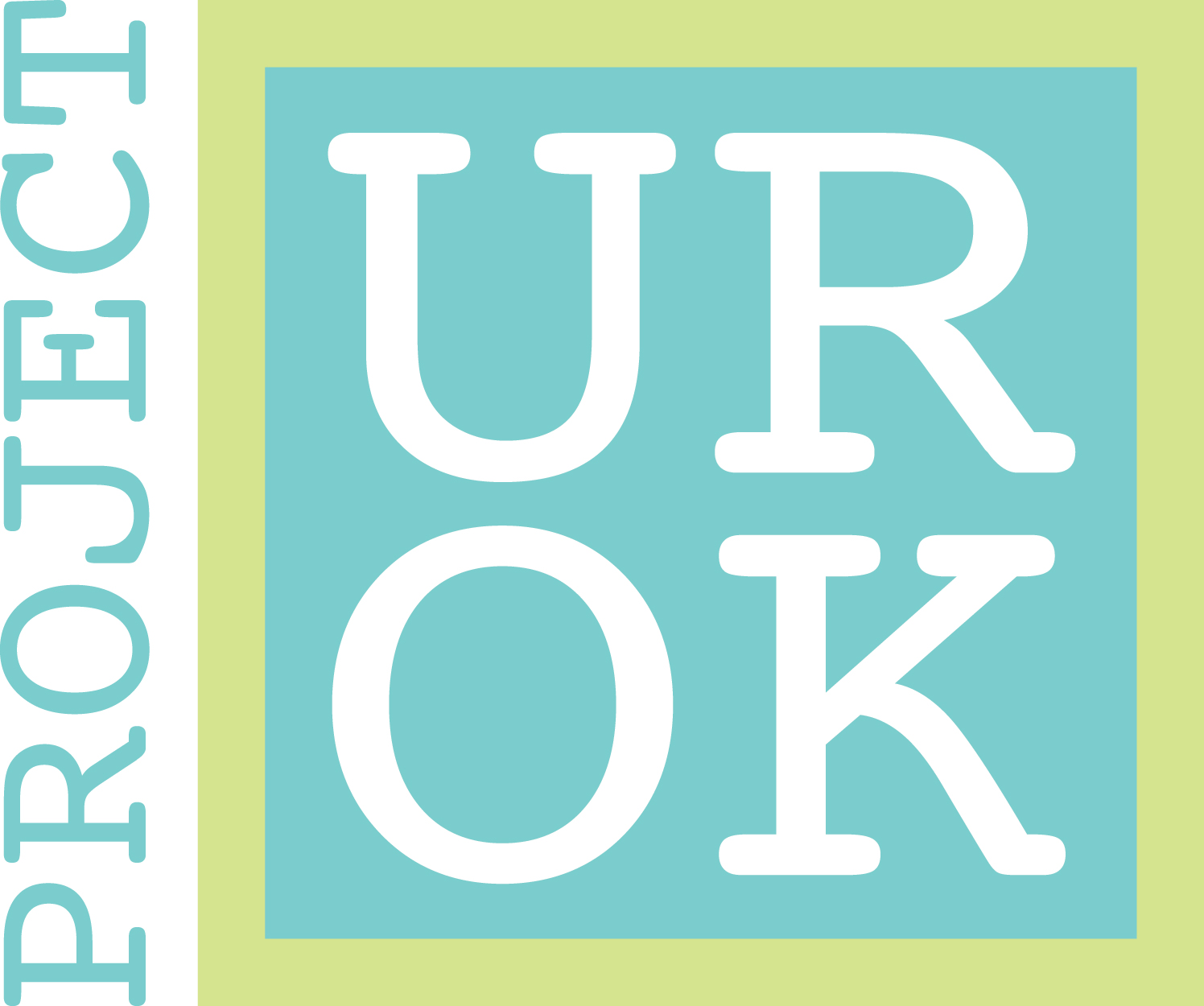Eating Disorders
Eating disorders have the highest mortality rate of any mental health issue, and even those that aren’t life-threatening are life-consuming. But everyone worries about how they look and in our appearance-obsessed culture, it can be hard to know when worries have crossed the line into a dangerous disorder. Understanding what to look for will help you know when it’s time to seek help, for yourself or a for a friend or family member. Here are some warning signs to watch out for:
● Distorted Body Image: Also known as body dysmorphia. You have an unrealistically negative perception of how you look. Looking in the mirror is just a chance to obsess about how much weight you ‘need’ to lose. But no matter how thin you get, you still feel fat. No amount of reassurance from family and friends—all of them saying, “You’re not fat”—makes a difference.
● Intense Fixation on Appearance: This is not taking a few extra minutes to assess your outfit, or wishing your legs were a little longer. This is extreme and constant. All you can think about his how you look - and your appearance is synonymous with your self-worth. While other people stake their identities on their interests and accomplishments, your whole life is tied to a number on a scale, or finding an ever-smaller notch on your belt.
● Significant Impact on Day-To-Day Life: Your obsession with eating, not eating, exercise or your body image overall starts to block out other aspects of your life. You avoid social events, like parties or dates where there’s drinking or food, you stay in to exercise and begin withdrawing from friends or family.
● Extreme Dieting: In the case of anorexia, this refers to food restriction but it’s important to remember that self-starvation isn’t the only form of disordered dieting. If you notice that dieting is running your life - for example, you’re so fixated on what should or shouldn’t eat that you can think of little else, that’s also cause for concern.
● Overeating: Not all eating disorders revolve around starving or exercising. People with bulimia nervosa, or binge eating disorder may go through periods of out-of-control binging - eating massive amounts of food, often alone or in secret. Many people with bulimia say they feel out of control during their binges and describe them as “out of body experiences.” To compensate, many will purge afterwards or begin an extreme diet.
Signs of anorexia:
● Losing weight unexpectedly and/or being dangerously thin (Despite their extreme thinness, people with anorexia usually don’t think that they are unhealthy and actually want to lose even more weight.)
● Obsessing over calorie counts, nutritional facts, and diets
● Exercising to exhaustion or through pain to burn off calories
● Skipping meals
● Avoiding eating socially
● Irregular periods, thinning hair, and constant exhaustion
Signs of bulimia:
● Exercising excessively or using diet pills or laxatives
● Binging on large amounts of food in a way that feels compulsive and out of your control then purging either by making yourself throw up, or by using laxatives.
● Purging after meals.
● Having a sore throat, sore knuckles, discolored teeth, and poor enamel due to making yourself vomit.
● Binges and purges are usually done in secret.
● Hoarding or hiding food
Signs of binge eating disorder:
● Eating unusually large quantities of food
● Eating when not hungry
● Eating rapidly
● Eating to the point of uncomfortable fullness
● Eating in shame or in secret
● Feeling depressed, anxious, or ashamed about eating habits
● Gaining and losing weight repeatedly
It’s important to remember that eating disorders come in all shapes and sizes. The representation of eating disorders in the media and popular culture is often based on a stereotyped model of anorexia: A painfully thin woman (often a painfully thin white woman) refusing the smallest morsel of food. But, like all stereotypes, that image is dangerously reductive. Eating disorders affect people of all genders and colors, and not all EDs lead to a skeletal frame. People with bulimia or binge eating disorder often have a “normal” body weight, or might be overweight.
Finally, it’s worth noting that you can eat, and think in a disordered way without reaching the qualifications for an eating disorder. And, though disordered eating may not carry the same dangers as a full-blown disorder, it still has negative consequences when it comes to your mental health.
Pay attention to the way you think of, talk about, and treat your body. If you notice you have a habit of talking yourself down, “I’m so fat…”, are always on a diet or trying to “eat better”, or you’re spending hours comparing yourself to others online it’s time to take a step back, check in, and reach out to others about what you’re feeling. Just because you’re not binging or starving doesn’t mean you’re not struggling, and catching disordered, harmful habits early can help you work towards developing a healthier, happier attitude towards your body and yourself.
